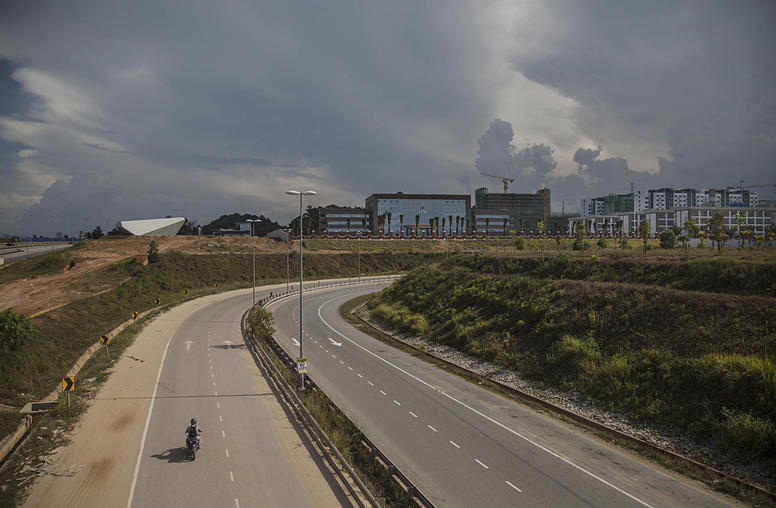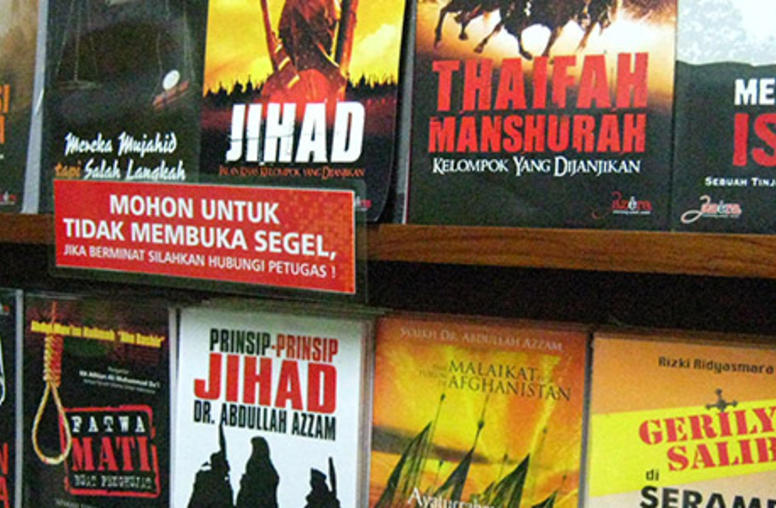Conflict and Violent Extremism in Southeast Asia
Examining Trends in Malaysia and the Philippines
Over the past few years, terrorist activity has declined in Southeast Asia, including in both Malaysia and the Philippines. However, despite this decline, many of the same dynamics that have historically given rise to terrorism and violent extremism remain the same. What does this mean for the evolution of violent extremism and conflict in Southeast Asia?
As part of RESOLVE’s sixth annual Global Forum Series, the RESOLVE Network held a conversation about recent trends related to regional and local violent extremism and conflict in Southeast Asia. Focusing on Malaysia and the Philippines, this conversation brought together the experts behind two RESOLVE publications to explore historical ties, ongoing developments, cross-border dynamics and their implications for our understanding of current and future manifestations of violent extremism and conflict in the region.
Stay tuned for more on the 2021-2022 RESOLVE Global Forum Series by following us on Twitter at @resolvenet and joining the conversation with #RESOLVEForum. Convened virtually, the Global Forum Series brings together leading experts and researchers for thought-provoking fireside conversations on evolving trends and dynamics in the violent extremist landscape.
RESOLVE Network: Better Research. Informed Practice. Improved Policy on Violent Extremism.
Speakers
Dr. Alastair Reed, opening remarks
Senior Expert and Executive Director, RESOLVE Network, U.S. Institute of Peace
Brian Harding, opening remarks
Senior Expert, Southeast Asia, U.S. Institute of Peace
Dr. Samuel D. Henkin
Researcher, Geospatial Research Unit, START at University of Maryland
Joseph Franco
Research Fellow, Centre of Excellence for National Security, S. Rajaratnam School of International Studies
Amina Rasul-Bernardo
President, Philippine Center for Islam and Democracy
Dr. Haroro Ingram, moderator
Fellow, Mindanao State University (Marawi) and Senior Research Fellow with the Program on Extremism at GWU


